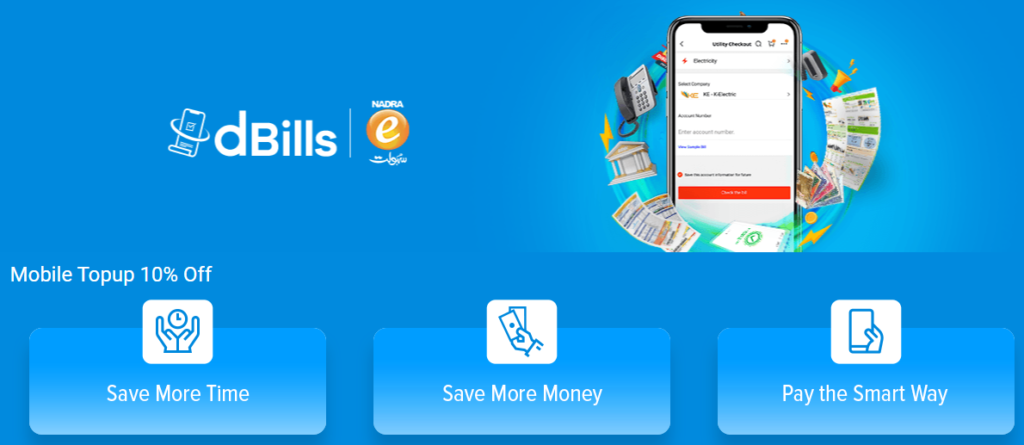Shopping online is seamless and convenient. But behind the “Add to Cart” button lies a complex system that safely and securely moves money from your account to the merchant. This entire process relies heavily on online payment gateways, and understanding how they work is crucial for both businesses and consumers navigating the digital marketplace. This post will break down the essentials of online payment gateways, exploring their features, benefits, and how to choose the right one for your needs.
What is an Online Payment Gateway?
An online payment gateway is essentially a digital middleman that authorizes and processes payments for online transactions. Think of it as the virtual equivalent of a point-of-sale (POS) terminal in a physical store. It acts as a secure channel between your website or app and the financial network, ensuring that sensitive payment information is transmitted safely and efficiently.
How Payment Gateways Work: A Step-by-Step Breakdown
Here’s a simplified breakdown of the payment process:
Key Features to Look For
- Security: Robust security measures, including PCI DSS compliance, fraud detection, and encryption, are paramount.
- Multiple Payment Options: Support for various credit and debit cards, digital wallets (like PayPal, Apple Pay, Google Pay), and even alternative payment methods (like bank transfers or cryptocurrency).
- Ease of Integration: Seamless integration with your e-commerce platform or website via APIs or plugins.
- Mobile Optimization: A mobile-friendly interface for customers using smartphones and tablets.
- Reporting and Analytics: Tools for tracking transaction data, identifying trends, and managing refunds.
- Customer Support: Reliable and responsive customer support to address any issues or concerns.
Benefits of Using an Online Payment Gateway
Integrating a reliable payment gateway can significantly enhance your online business. Here are some key advantages:
Enhanced Security and Fraud Prevention
- PCI DSS Compliance: Payment gateways are usually PCI DSS (Payment Card Industry Data Security Standard) compliant, ensuring adherence to strict security protocols. This minimizes the risk of data breaches and protects sensitive customer information. In 2023, data breaches cost businesses an average of $4.45 million, making robust security crucial.
- Fraud Detection Tools: Many gateways include built-in fraud detection tools that analyze transactions in real-time, flagging suspicious activity and preventing fraudulent purchases. These tools often use machine learning algorithms to identify patterns and anomalies.
- Tokenization: Replacing sensitive payment data with non-sensitive “tokens” reduces the risk of data theft. Even if a hacker gains access to the tokenized data, they cannot use it to make fraudulent purchases.
Increased Sales and Conversion Rates
- Multiple Payment Options: Offering customers a variety of payment methods increases the likelihood of them completing their purchase. For example, some customers may prefer using PayPal or Apple Pay over entering their credit card details. A study by Baymard Institute found that 6% of shoppers abandon their carts due to insufficient payment options.
- Seamless Checkout Experience: A smooth and intuitive checkout process can significantly improve conversion rates. A well-designed payment gateway can streamline the process, making it quick and easy for customers to complete their purchases.
- Mobile-Friendly Payments: Optimizing the payment experience for mobile devices is essential, as a significant portion of online sales now take place on smartphones and tablets.
Streamlined Operations and Reporting
- Automated Payment Processing: Payment gateways automate the entire payment process, reducing manual effort and saving time.
- Detailed Transaction Reporting: Comprehensive reporting and analytics tools provide valuable insights into sales trends, customer behavior, and payment performance. This information can be used to optimize your business strategy.
- Easy Refunds and Chargebacks: Payment gateways simplify the process of issuing refunds and managing chargebacks.
Choosing the Right Payment Gateway
Selecting the right payment gateway is a critical decision that depends on your specific business needs and requirements.
Factors to Consider
- Pricing: Payment gateways typically charge transaction fees, monthly fees, or a combination of both. Carefully compare the pricing structures of different providers to find the most cost-effective option for your business. Some offer flat fees per transaction, while others charge a percentage of the transaction amount.
- Integration Capabilities: Ensure that the payment gateway integrates seamlessly with your e-commerce platform, website builder, or CRM system. Many platforms offer pre-built integrations with popular payment gateways.
- Supported Payment Methods: Verify that the gateway supports the payment methods that your customers prefer to use. This includes credit and debit cards, digital wallets, and alternative payment options.
- Security Features: Prioritize security features such as PCI DSS compliance, fraud detection, and tokenization.
- Customer Support: Choose a provider that offers reliable and responsive customer support in case you encounter any issues.
- Global Reach: If you plan to sell internationally, select a payment gateway that supports multiple currencies and payment methods in different countries.
Popular Payment Gateway Options
- Stripe: Known for its developer-friendly APIs and comprehensive features.
- PayPal: A widely recognized and trusted payment platform with a large user base.
- Square: Popular for its simplicity and ease of use, especially for small businesses.
- Authorize.net: A long-standing payment gateway with a wide range of features and integrations.
- Adyen: A global payment platform that supports a wide variety of payment methods and currencies.
Integrating a Payment Gateway
The integration process varies depending on the payment gateway and your e-commerce platform. However, here’s a general overview:
Common Integration Methods
- API Integration: Direct integration with the payment gateway’s API provides the most flexibility and customization. This requires some technical expertise or the assistance of a developer.
- Plugin Integration: Many e-commerce platforms offer pre-built plugins or extensions that simplify the integration process. These plugins handle the technical aspects of the integration, making it easier to set up the payment gateway.
- Hosted Payment Pages: Some payment gateways offer hosted payment pages that redirect customers to a secure payment page on the gateway’s website. This simplifies the integration process but may offer less customization.
Best Practices for Integration
- Use Secure Hosting: Ensure that your website is hosted on a secure server with SSL/TLS encryption.
- Follow PCI DSS Guidelines: Adhere to PCI DSS guidelines during the integration process to protect sensitive payment data.
- Test Thoroughly: Thoroughly test the payment gateway integration to ensure that it is working correctly before launching your website.
- Monitor Transactions: Continuously monitor transactions for any signs of fraud or security breaches.
Conclusion
Online payment gateways are essential components of modern e-commerce, enabling businesses to securely and efficiently process online payments. By understanding the different types of gateways, their key features, and the factors to consider when choosing a provider, you can make an informed decision that best meets your business needs and enhances the customer experience. Prioritize security, ease of integration, and a seamless checkout process to maximize sales and build trust with your customers. Implementing the right online payment gateway can significantly contribute to the growth and success of your online business.

